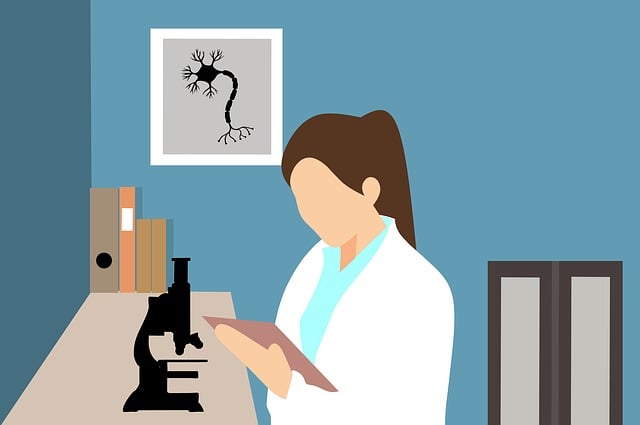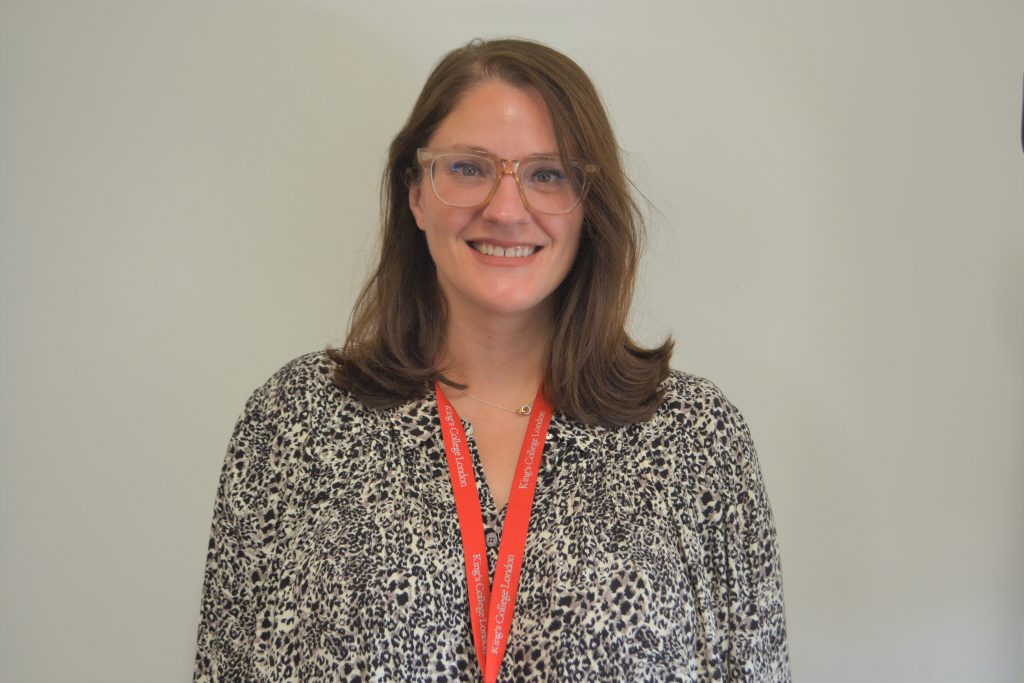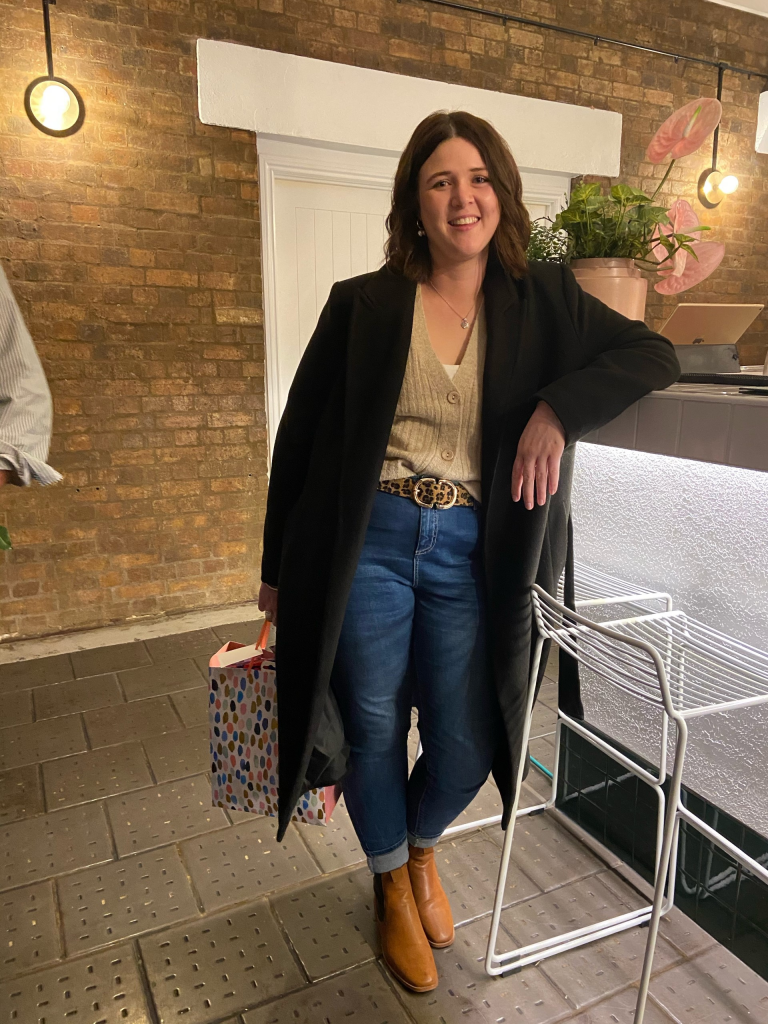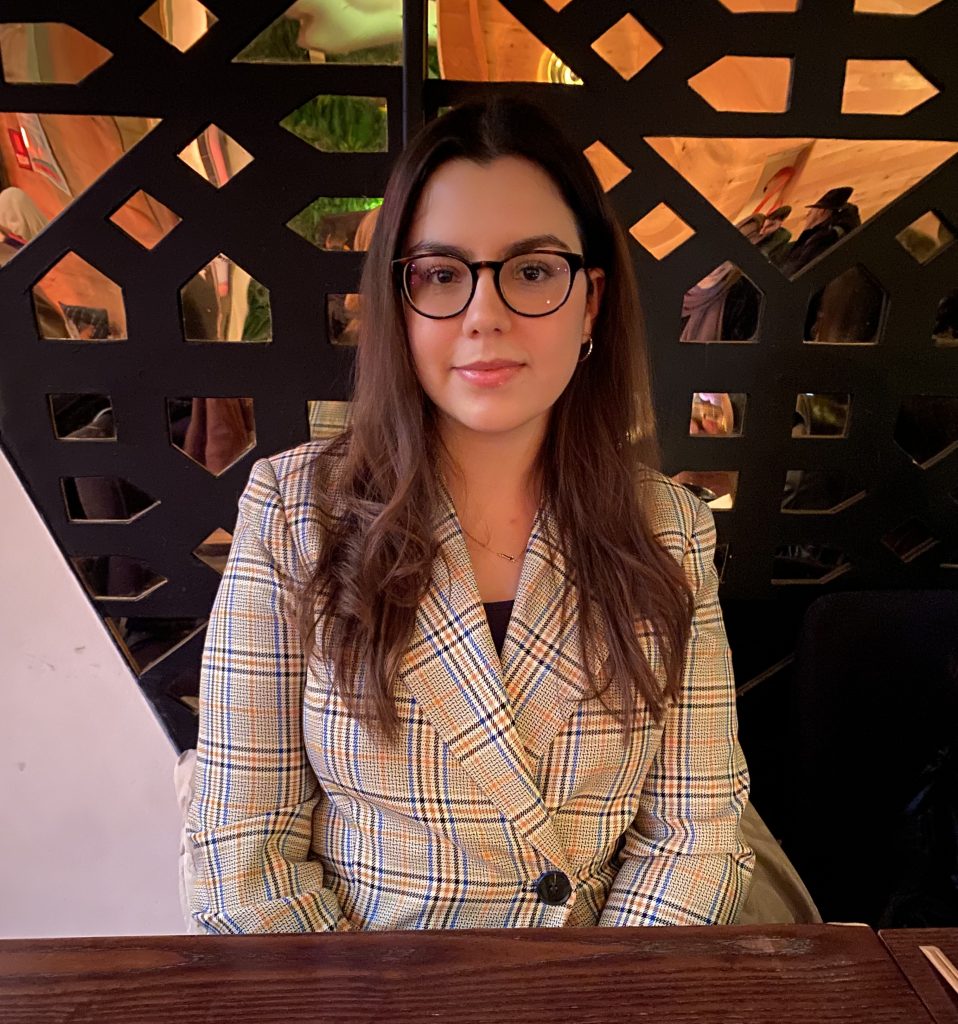24th July 2024 – by Ulani Arkhurst

As a BSc Biomedical Science student at Imperial College London, I had not been lucky enough to interact directly with many participants of research studies. On only the second day of my internship with TwinsUK I was able to watch a pair of twins throughout their visit to the study clinic. The twins were extremely friendly and a pleasure to talk to, but I was most surprised at how happy they were to take part in the study. I do not know many twins personally, so it was heartwarming to sense the connection between two people who seem to be so in tune with each other. The particular set of twins that I shadowed live in different parts of the country and so aside from taking part in the study, the clinic visit was a nice opportunity for the twins to catch up with each other.
My typical experience of science has been studying samples at the lab bench or analysing results on the computer. It felt refreshing to observe the twins on their visit to begin to establish an idea of how the data I so often work with is actually produced. I believe that experiences such as this, where researchers are confronted with the faces behind the data they receive, are extremely important for producing well-rounded scientists who can appreciate the massive contribution of study participants to their work.
It was also interesting to see certain ideas from throughout my studies in practice. For example, research ethics (that is, how to carry out research in a way that is moral) was something I had learned during university. During my time at TwinsUK, I was shown the high standards that the researchers hold themselves to. To me, it is more important than ever to ensure that ethical standards are maintained as more people participate in scientific research than ever before.
This experience was extremely eye-opening for me as I was able to witness firsthand the sheer amount of effort that goes into coordinating a massive research department like TwinsUK. I have seen that the success of TwinsUK is, in part, due to the huge sense of collaboration that encompasses the group. Every person I interacted with during my first week welcomed me and tried their best to ensure my comfort. Alongside this, everyone was very open and willing to spend a few minutes chatting with me about their individual role within the wider research group.
As I come to the end of the first week of my internship with TwinsUK, I feel reassured about entering the world of research in the near future. I have seen the variety of roles available to me as a young scientist and have gained a deeper appreciation for the huge contribution that participants make to the progress of scientific research. I am immensely grateful for this opportunity and am looking forward to the rest of my summer with the TwinsUK team.














